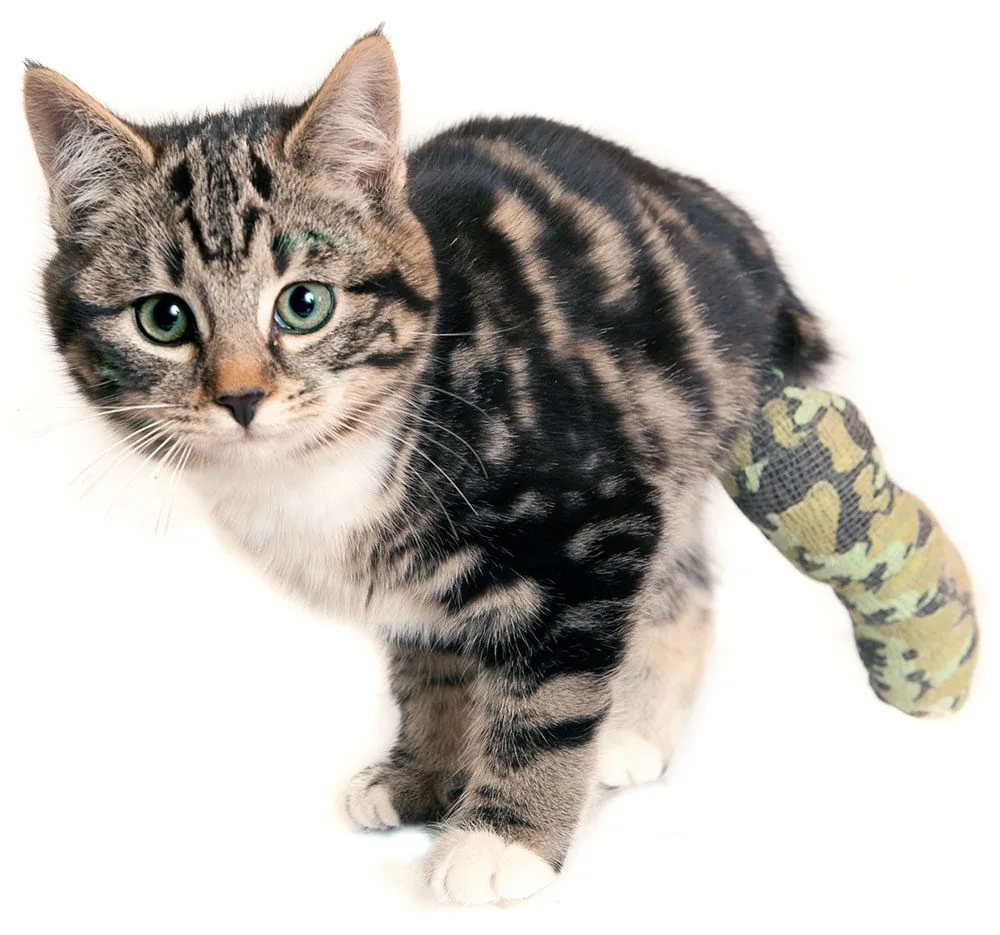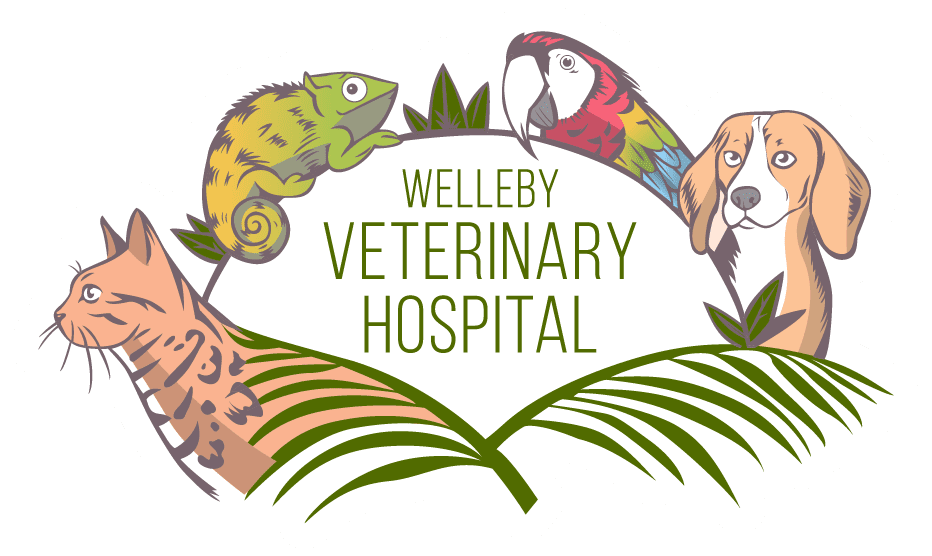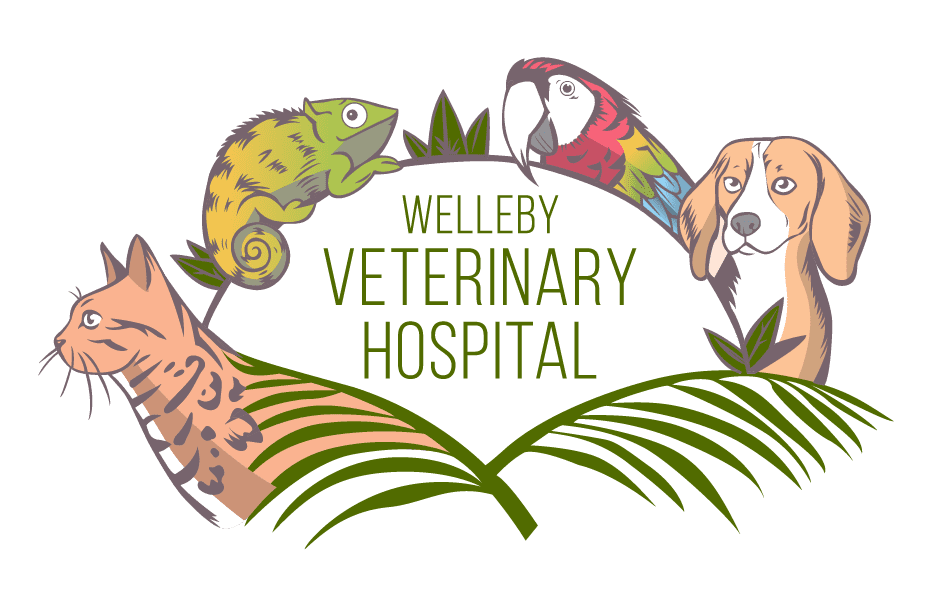Knowing the difference between an urgent medical problem and a legitimate emergency is important. Pet urgent care is needed when your dog, cat, or exotic pet has a health issue that should be checked sooner rather than later, but it's not an immediate life-or-death situation. Emergencies are critical and could potentially lead to severe, lasting problems or even threaten your pet's life.
At Welleby Veterinary Hospital, we're ready to handle urgent situations during our normal operating hours. If your pet needs immediate attention, please call us at (954) 748-2002 so we can prepare for your pet's arrival and assist you swiftly.

Recognizing a Pet Emergency

If your pet is experiencing any of the following symptoms, it constitutes an emergency. Contact Welleby Veterinary Hospital or an emergency vet clinic immediately:
-
Severe pain
(crying out, reluctance to move, or a hunched stance)
-
Suspected broken bones
-
Uncontrolled bleeding
-
Injuries from bites, burns, cuts, or punctures
-
Blunt force trauma
(hit by a car or a fall)
-
Symptoms of heatstroke
(excessive panting, difficulty breathing)
-
Open-mouth breathing in cats
-
Bleeding from the nose, mouth, or rectum
-
Coughing blood
-
Inability to urinate or defecate
-
Consuming toxic substances or medication overdose
-
Sudden collapse or unconsciousness
-
Extreme lethargy or disorientation
-
Seizures
-
Swollen, hard abdomen
-
Persistent vomiting or diarrhea within 24 hours
Knowing when to seek urgent or emergency care ensures you can act quickly, giving your pet the best chance of a full recovery.

